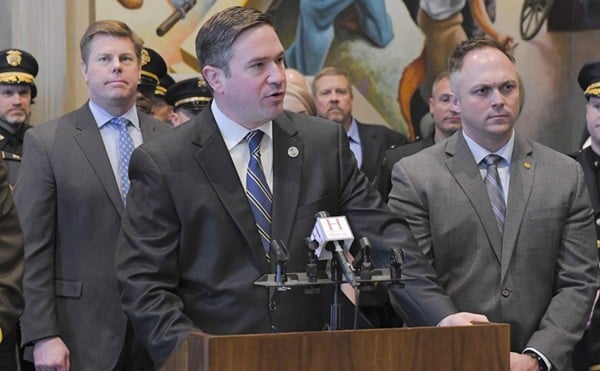Earlier this week, a major study published in the Harvard Educational Review showed that children of undocumented immigrants have a more difficult time with social development and are at risk for lower educational performance when compared to kids of U.S. citizens.
While that news might be a downer for some immigrant advocacy groups, new research from the University of Missouri suggests that the future of these children -- at least the Mexican-Americans among them -- looks brighter when they reach college age, so long as they don't abandon their ethnic roots and language.
According to the study, which came out of Mizzou's College of Education, Mexican-American students who identify with their heritage and practice speaking their native language have higher grade point averages than their counterparts who are situated in English-only college environments.
"A real educational disparity exists because Mexican-Americans, along with other Latinos, are now the largest minority; yet, they still have the lowest high school and college graduation rates," counseling psychologist David Aguayo told Mizzou's news service. "I understand the reasons behind English-only efforts, but the research shows that if we don't accept the cultural identity of these students in our schools, such as tolerating their native language, Mexican-Americans may not succeed."
The paper was published in the journal Culture and College Outcomes.
"It's a simple correlation, but living and learning within your cultural heritage is a benefit," Aguayo said. "It could be speaking the language in school, eating certain foods, or interacting with other people who share your heritage."
Such adjustments might be easier than college students realize, based on new research from the University of Kansas. In a paper just published in the journal Group Processes and Intergroup Relations, researchers found that as college campuses have grown more diverse, social cliques within the student body have grown less so.
In other words, the bigger the college, the more likely Latino students can be found hanging with Latino students, Asian students can be found hanging with Asian students, and so on.
In contrast, smaller college campuses seem to generate social cliques that are much more diverse.
"When you have opportunity to choose your friends, you will tend to choose people who are similar to you," Chris Crandall, a Kansas University psychologist, told Today.com in an article titled "BFFing Yourself."
In the paper, the researchers wrote: "Our findings reveal an irony -- greater human diversity within an environment leads to less personal diversity within dyads. Local social ecologies create their own 'cultures' that affect how human relationships are formed."
Is that phenomenon a bad thing? The jury might still be out.






